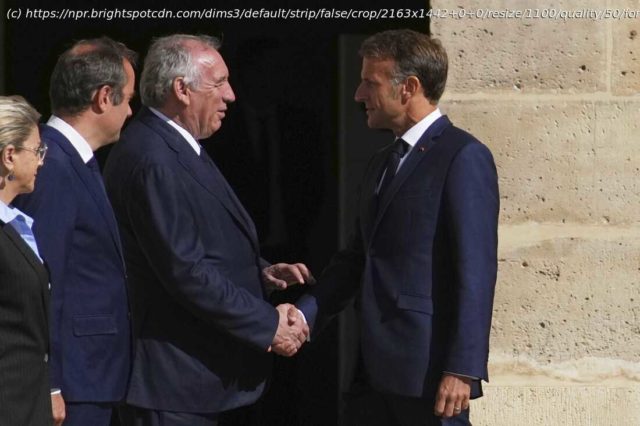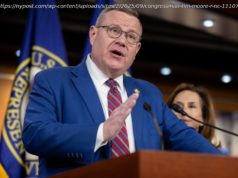French President Emmanuel Macron is searching for a fourth prime minister in 12 months, after the National Assembly ousted François Bayrou in a no-confidence vote, making economic reform a challenge.
French Prime Minister François Bayrou presented his resignation to President Emmanuel Macron Tuesday morning, after lawmakers voted down his economic plans in a no-confidence ballot on Monday.
Before Monday’s vote, Bayrou said France’s big deficit and high debt levels made difficult economic decisions necessary, and urged members of Parliament to face the facts: „You have the power to topple the government, but you don’t have the power to erase reality“, he said.
He lost the vote 364 to 194 — a decisive defeat, and bigger than expected.
Political parties on the far left and far right celebrated Bayrou’s defeat and said a replacement should be chosen from their ranks. Jean-Luc Mélenchon, head of the France Unbowed party, called it a „victory for the people“, and an end to what he said were Macron’s „policies for the rich.“
Marine Le Pen, leader of the far-right National Rally, went further, calling for new early elections: „The new majority resulting from these elections must be able to draft a budget, so that our country has a budget.“
But that decision is up to Macron to take, and he has only said he will choose a new prime minister in the coming days. It’s expected he will choose someone who will pursue his business-friendly, centrist agenda.
It will be the fourth time he picks a new head of government in just a year and a half — and it won’t be easy, says French political journalist Thierry Arnaud.
„We’re going to enter a kind of a gray political area“, he says. „Macron’s task is to try to find somebody — a man or a woman — who will be able to negotiate their way through this very difficult parliament to find a majority. And it’s not obvious that he can succeed at that.
Start
United States
USA — mix After the latest government collapse, France struggles to find a way forward





![Drony nad Polską. Oto kiedy naruszały naszą przestrzeń powietrzną? [KALENDARIUM]](http://nhub.news/wp-content/uploads/2025/09/thumbb0c02e8630e5456d5896703b98be9600-100x75.jpeg)
